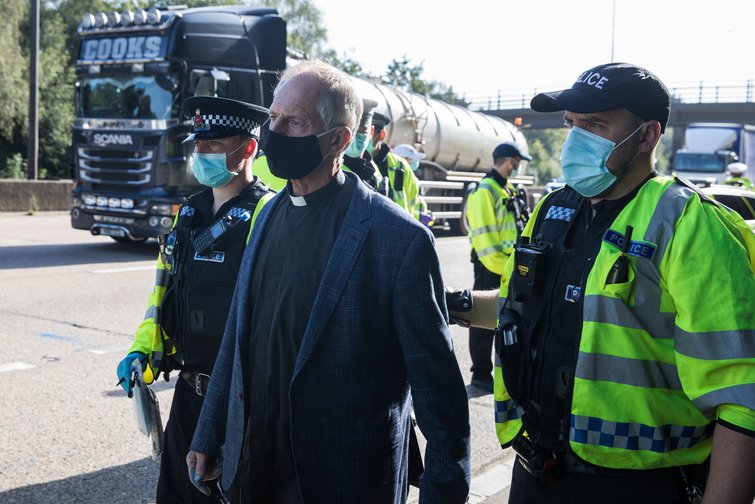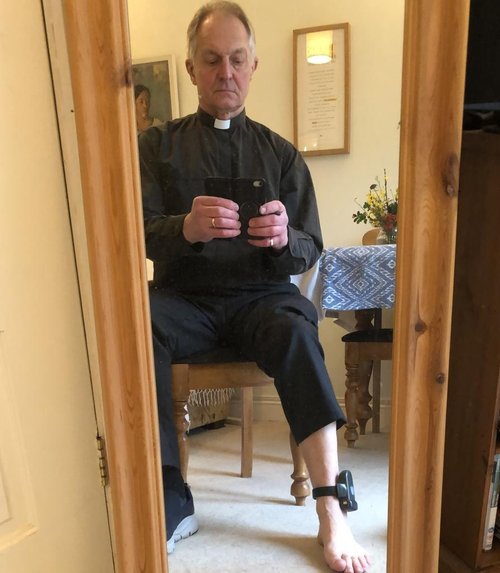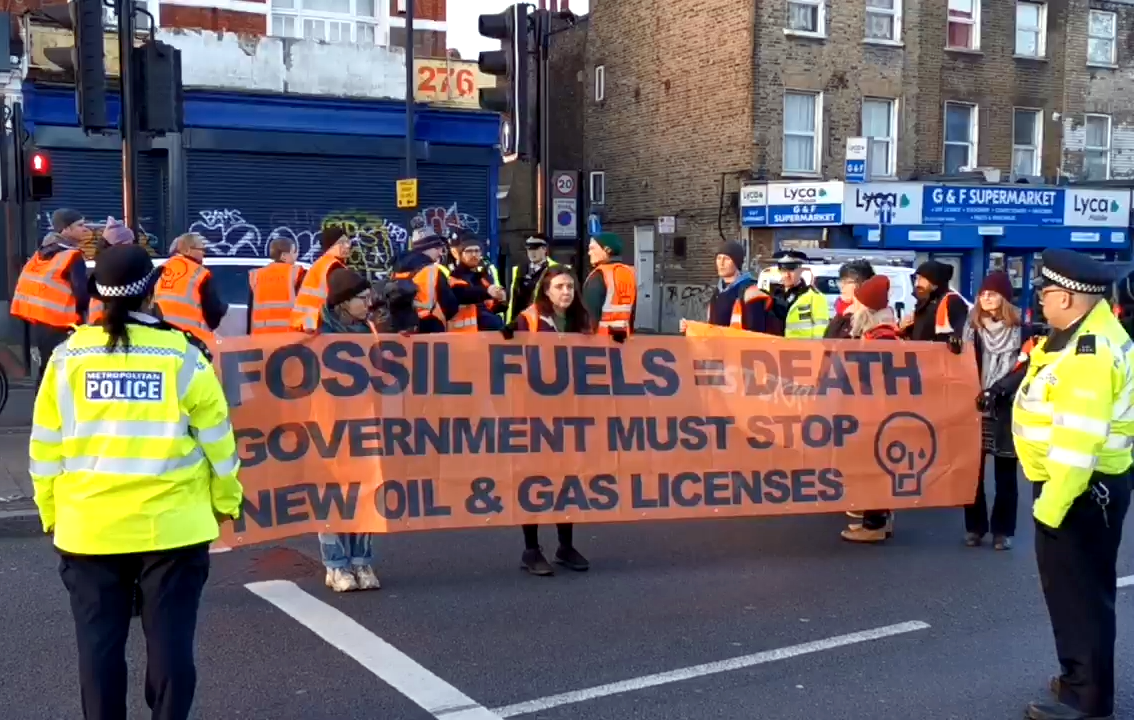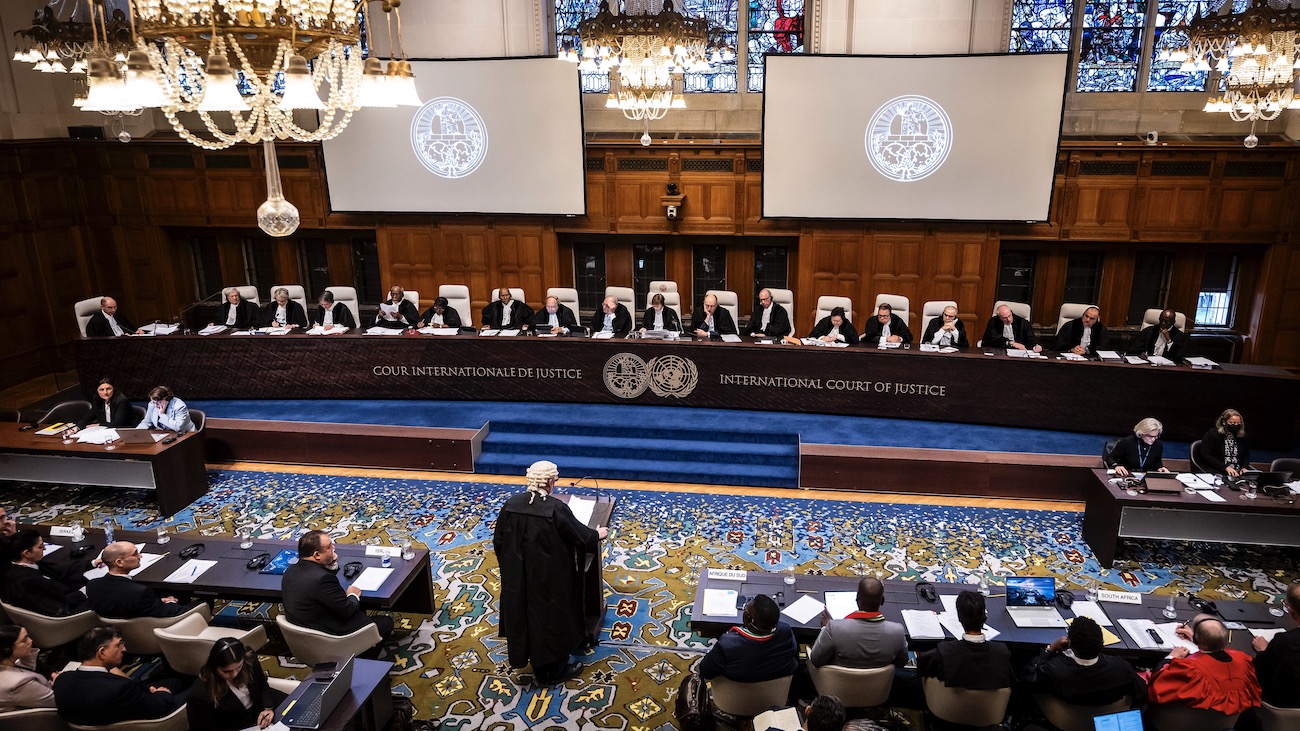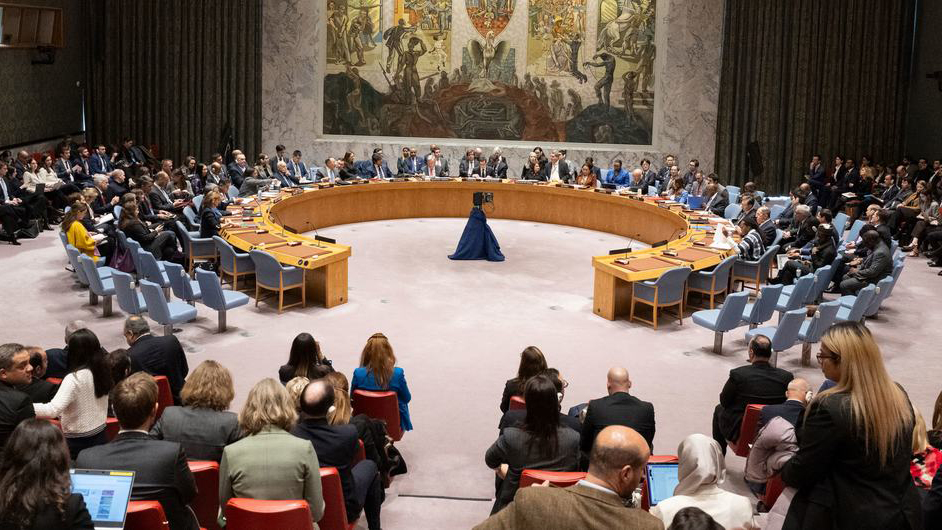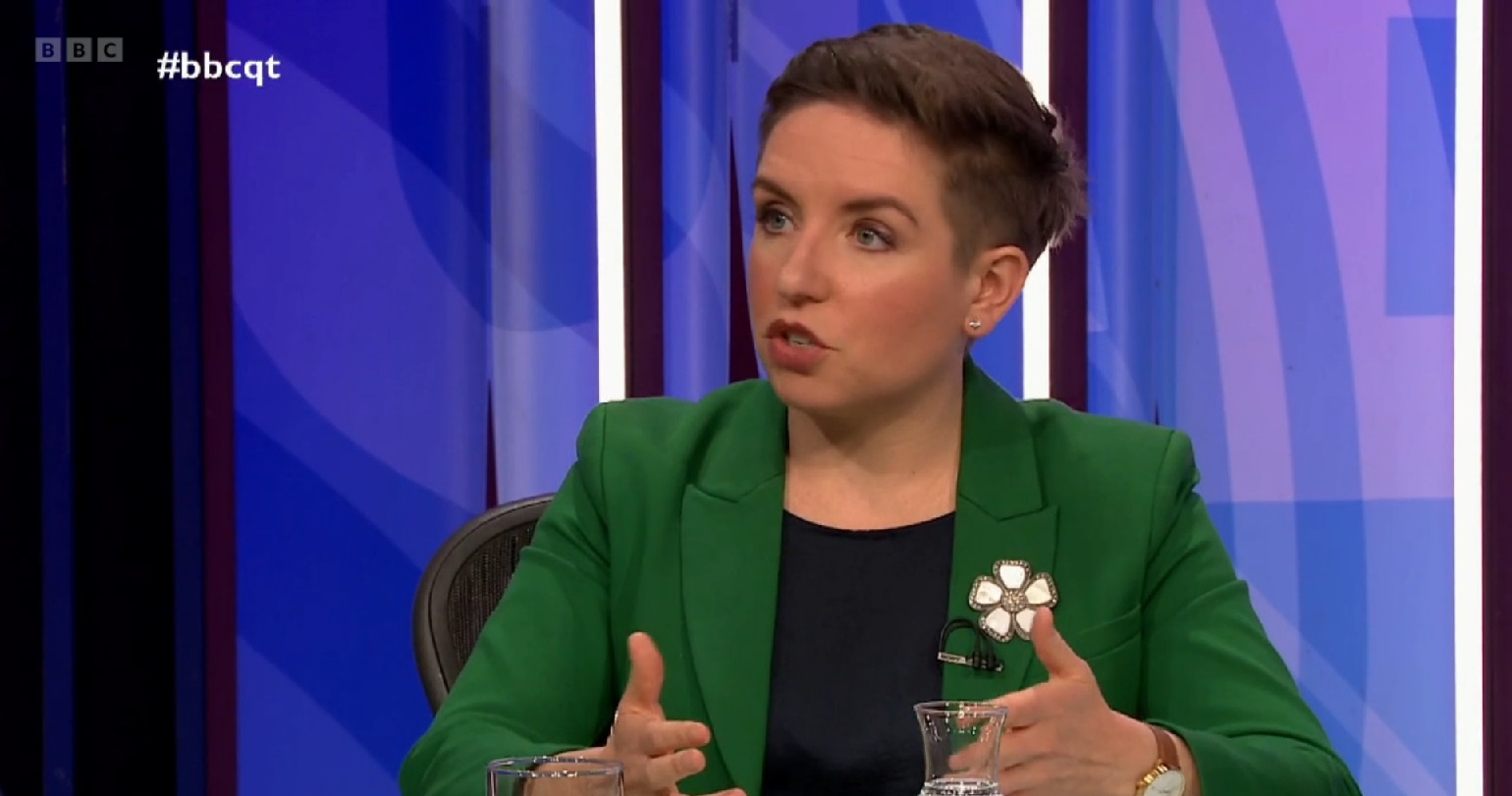When far-right ideas become mainstream, it’s people of colour who suffer
Original article by Shabna Begum republished from Open Democracy under a Creative Commons Attribution-NonCommercial 4.0 International licence.
The Tories and Labour competing over hardline immigration policies only helps to mainstream far-right ideas
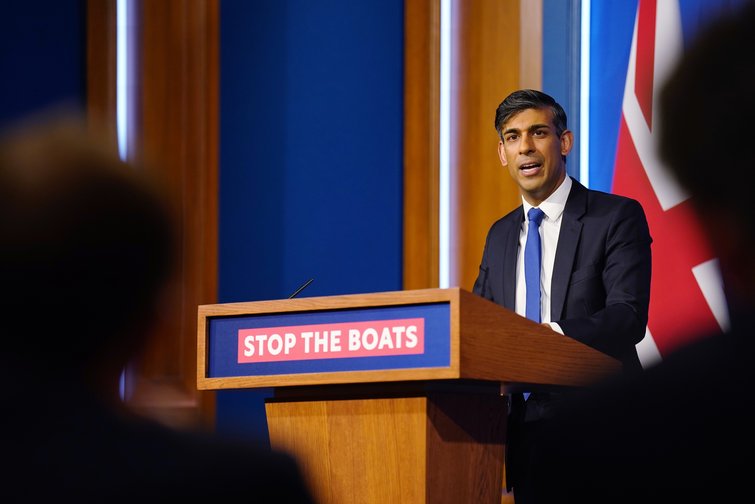
Standing at a lectern with the familiar slogan, “STOP THE BOATS”, Rishi Sunak evoked the “will of the people” as the so-called Rwanda Bill made its fractious passage through the Commons last week.
The prime minister’s summoning of “the people” to push through an inhumane and unpopular policy smacks of the misuse of populism that we have come to associate with this government. The insistence that stopping people seeking asylum is “an urgent national issue” deliberately ignores that the priority issues for the British public remain the cost of living and the NHS.
We have seen both main political parties eagerly trading punches for the prize of who can appear most punitive on blocking people seeking asylum. Not only does this stale consensus manufacture a sense of crisis that is a distortion of public opinion, but it also pretends it has nothing to do with racism. And yet whether it’s warning about a “hurricane” or “invasion” of migrants and the failures of multiculturalism, or condemning Britain’s “immigration dependency”, the messaging relies on innuendo and euphemism that stoke racial tensions.
The Runnymede Trust, where I am the interim co-CEO, has today published a report warning of the dangers of this rotten politics that helps mainstream far-right, racist political ideas. Political debate on immigration, based on racialised ideas of who is welcome and who belongs, has become the norm. Whether directly or indirectly, historic and contemporary migration policies are predicated on the exclusion of people of colour. As exemplified by the Windrush scandal, this cheap politics has a high cost – and it is people of colour, regardless of their citizenship status, who bear the ugly consequences.
These toxic anti-migrant policies are coupled with a sustained assault on our democratic infrastructure. In 2022, the government passed the Elections Act, which made it a requirement that voters present ID at polling stations. There was strong opposition about the impact on people of colour. The first UK elections to use them – the May 2023 local elections – confirmed these fears. The Electoral Commission reported about 14,000 people were turned away, and that people of colour and disabled people were most likely to be impacted. The commission predicts 800,000 people could be blocked from voting at the next general election – an incredible price to pay when there were just six cases of voter fraud in 2019.
And then of course there’s attacks on the right to protest. Last year’s Public Order Act introduced new and expanded stop and search powers in relation to protest-related ‘offences’. The United Nations Human Rights Commissioner was unequivocal that these powers were “disproportionate criminal sanctions on people organising or taking part in peaceful protests”. The Runnymede Trust, alongside many others, opposed the law, highlighting increased police powers would, as with all stop and search powers, be disproportionately used against people of colour, particularly Black men.
It’s not just legislation, but also through rhetoric that politicians have persistently attacked the right to protest. Indeed, former home secretary Suella Braverman labelled pro-Palestine marches “hate marches” and compared them with wicked vexation to Black Lives Matter protests – both causes which have high levels of support among communities of colour.
And dare I even mention the ‘culture war’ and the injuries it has inflicted on the strength of civil society? In recent years we have seen the vilification of organisations across the arts, heritage, charity sector and our higher education spaces. The targets have often been those that have dared to embark on progressive racial justice work, who have been demonised with the absurd inversion of the term ‘woke’.
Whether it is through stacking boards with hand-picked ideologues, threatening funding sources, or personalised attacks on individuals, the government has led and encouraged unprecedented attacks on civil society institutions and created a chilling culture of fear, intimidation and self-censorship.
The fact it is the likes of Braverman and her replacement James Cleverly – ministers of colour – who have designed and executed these policies, shows diversity at the top does not protect against racist impact, nor does it mean people in those positions won’t have divergent or indeed opposing political interests to those with whom they may share some points of affinity.
The politics of representation may prioritise superficial visibility, but we mustn’t forget people in positions of power have always designed and inflicted policies that have harmed those they are deemed to share some interest with.
As we prepare for the 2024 general election, we must act to stop the rot of our democracy. Pandering to far-right politics by creating a crisis around small boats and invoking the “will of the people” to implement punitive and racist policies while ignoring the needs of the very people they invoke is unacceptable. On every count, it is people of colour that lose.
Original article by Shabna Begum republished from Open Democracy under a Creative Commons Attribution-NonCommercial 4.0 International licence.
